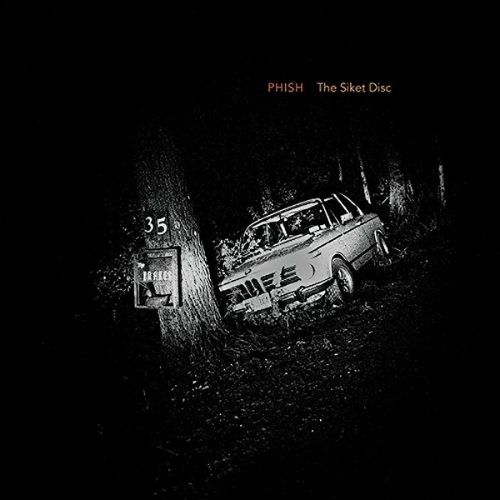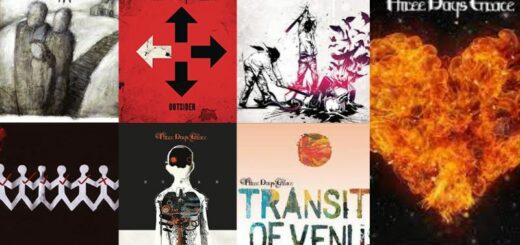The List of Phish Albums in Order of Release
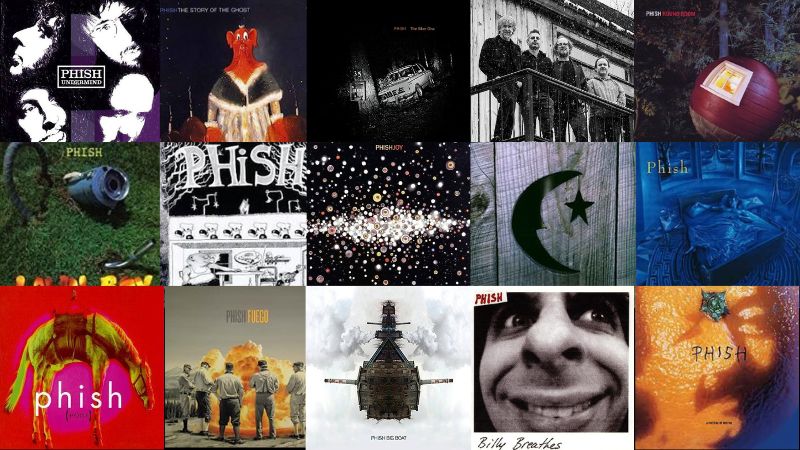
Phish Albums in Order: Having sold over 4 million albums. Phish, an iconic band, has been captivating audiences with their improvisational prowess and eclectic musical style, The band consists of 15 studio albums, 13 live album, 1 compilation albums, 24 singles, and 11 video albums.
Inspired by the music of the Grateful Dead, Frank Zappa, and Santana, Phish was formed while its members attended the University of Vermont together. ∙ Though it never actually charted, their loopy, self-released 1989 debut, Junta—featuring the fan favorite “You Enjoy Myself”—eventually sold more than a million copies. ∙ Billy Breathes—their psych-folky 1996 release that’s widely regarded as their definitive studio album—was recorded with legendary producer Steve Lillywhite (U2, XTC, Peter Gabriel).
Phish’s New Year’s Eve 1995: Live At Madison Square Garden is ranked among Rolling Stone’s 50 Greatest Live Albums of All Time. ∙ Nine of the band’s albums have landed in the Top 20 of the Billboard 200 chart. ∙ Legendary for never performing the same set twice, Phish played 237 different songs over their 13-night 2017 stand at Madison Square Garden, without repeating any of them. So, if you are a die heart fan of Phish Albums then check out here we have list of Phish albums in order of release so far.
All Phish Albums in Order: Check Out The List of Phish Albums in Order of Release Here!
Here is the list of Phish Album in Order of Release Date
- Junta — May 8, 1989
- Lawn Boy — September 21, 1990
- A Picture of Nectar — February 12, 1992
- Rift — February 2, 1993
- Hoist — March 29, 1994
- Billy Breathes — October 15, 1996
- The Story of the Ghost — October 27, 1998
- The Siket Disc — June 3, 1999
- Farmhouse — May 16, 2000
- Round Room — December 10, 2002
- Undermind — June 15, 2004
- Joy — September 8, 2009
- Fuego — June 24, 2014
- Big Boat — October 7, 2016
- Sigma Oasis — April 2, 2020
All Phish Albums List in Order
1. Junta (1989)
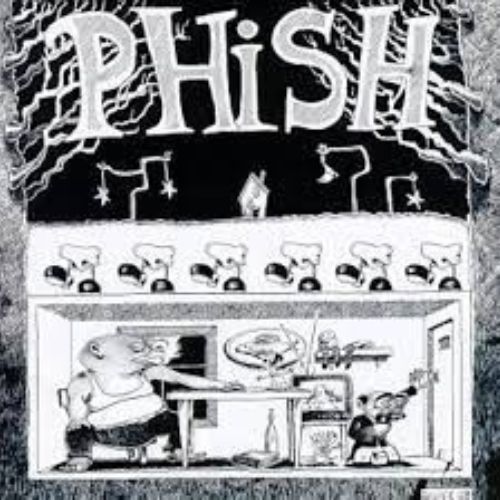
Tracks
- Fee
- You Enjoy Myself
- Esther
- Golgi Apparatus
- Foam
- Dinner and a Movie
- The Divided Sky
- David Bowie
- Fluffhead
- Fluff’s Travels
• Fluff’s Travels
• The Chase
• Who Do? We Do!
• Clod
• Bundle of Joy
• Arrival - Contact
- Union Federal
- Sanity
- Icculus
2. Lawn Boy (1990)
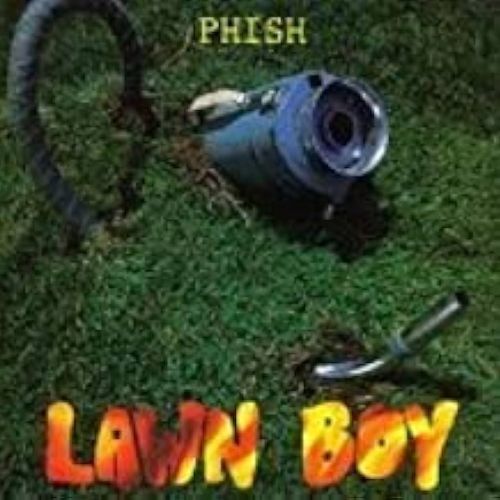
Tracks
- The Squirming Coil
- Reba
- My Sweet One
- Split Open and Melt
- The Oh Kee Pa Ceremony
- Bathtub Gin
- Run Like an Antelope
- Lawn Boy
- Bouncing Around the Room
3. A Picture of Nectar (1992)
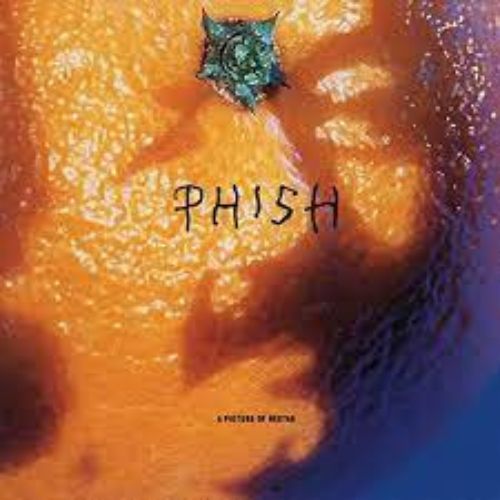
Tracks
- Llama
- Eliza
- Cavern
- Poor Heart
- Stash
- Manteca
- Guelah Papyrus
- Magilla
- The Landlady
- Glide
- Tweezer
- The Mango Song
- Chalk Dust Torture
- Faht
- Catapult
- Tweezer Reprise
4. Rift (1993)
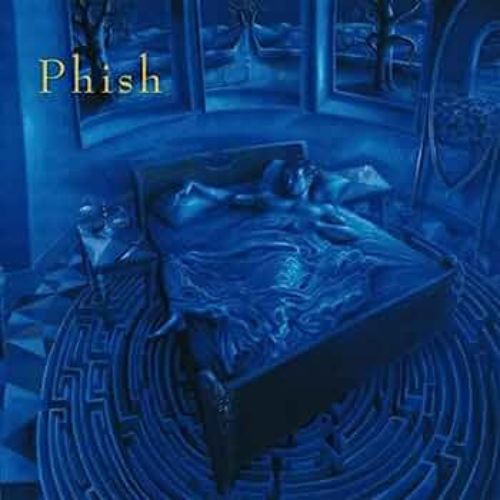
Tracks
- Rift
- Fast Enough for You
- Lengthwise
- Maze
- Sparkle
- Horn
- The Wedge
- My Friend, My Friend
- Weigh
- All Things Reconsidered
- Mound
- It’s Ice
- Lengthwise
- The Horse
- Silent in the Morning
5. Hoist (1994)
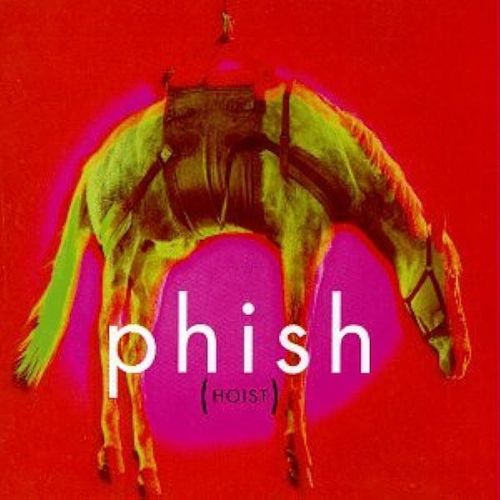
Tracks
- Julius
- Down with Disease
- If I Could
- Riker’s Mailbox
- Axilla (Part II)
- Lifeboy
- Sample in a Jar
- Wolfman’s Brother
- Scent of a Mule
- Dog Faced Boy
- Demand
6. Billy Breathes (1996)
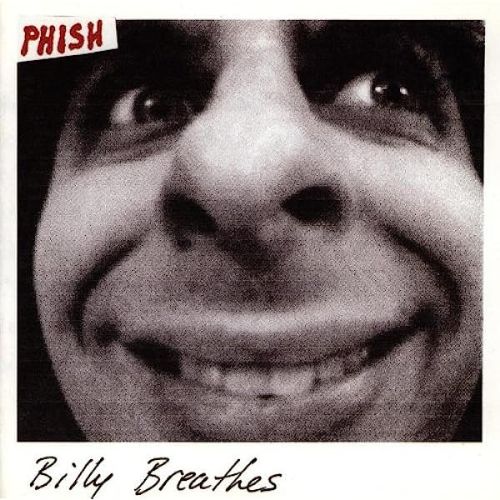
Tracks
- Free
- Character Zero
- Waste
- Taste
- Cars Trucks Buses
- Talk
- Theme from the Bottom
- Train Song
- Bliss
- Billy Breathes
- Swept Away
- Steep
- Prince Caspian
7. The Story of the Ghost (1998)
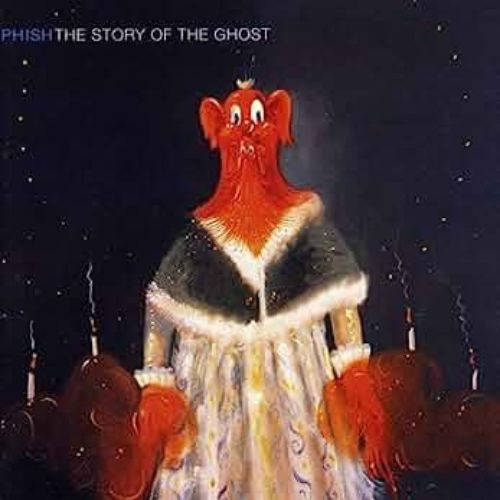
Tracks
- Ghost
- Birds of a Feather
- Meat
- Guyute
- Fikus
- Shafty
- Limb by Limb
- Frankie Says
- Brian and Robert
- Water in the Sky
- Roggae
- Wading in the Velvet Sea
- The Moma Dance
- End of Session
8. The Siket Disc (1999)
Tracks
- My Left Toe
- The Name Is Slick
- What’s the Use?
- Fish Bass
- Quadrophonic Toppling
- The Happy Whip and Dung Song
- Insects
- Title Track
- Albert
9. Farmhouse (2000)

Tracks
- Farmhouse
- Twist
- Bug
- Back on the Train
- Heavy Things
- Gotta Jibboo
- Dirt
- Piper
- Sleep
- The Inlaw Josie Wales
- Sand
- First Tube
10. Round Room (2002)
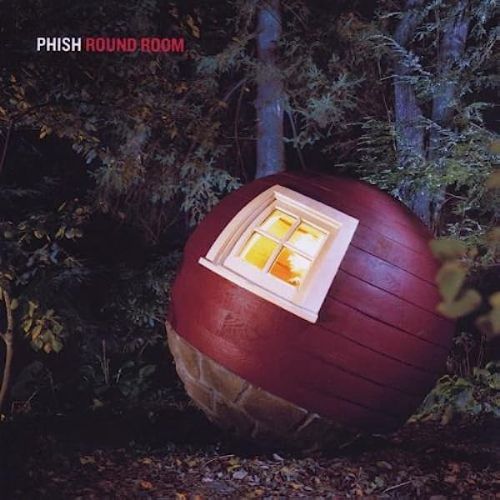
Tracks
- Pebbles and Marbles
- Anything But Me
- Round Room
- Mexican Cousin
- Friday
- Seven Below
- Mock Song
- 46 Days
- All of These Dreams
- Walls of the Cave
- Thunderhead
- Waves
11. Undermind (2004)
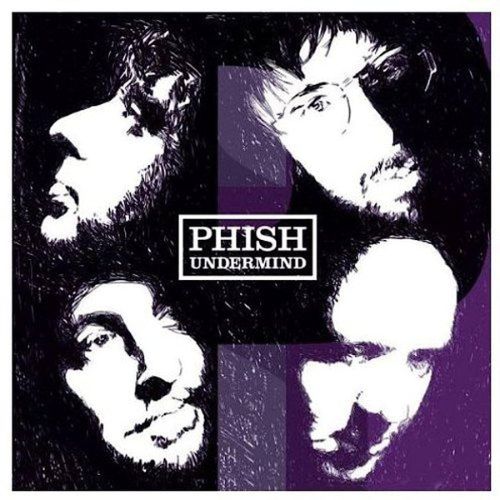
Tracks
- Scents and Subtle Sounds (Intro)
- Undermind
- The Connection
- A Song I Heard the Ocean Sing
- Army of One
- Crowd Control
- Maggie’s Revenge
- Nothing
- Two Versions of Me
- Access Me
- Scents and Subtle Sounds
- Tomorrow’s Song
- Secret Smile
- Grind
12. Joy (2009)
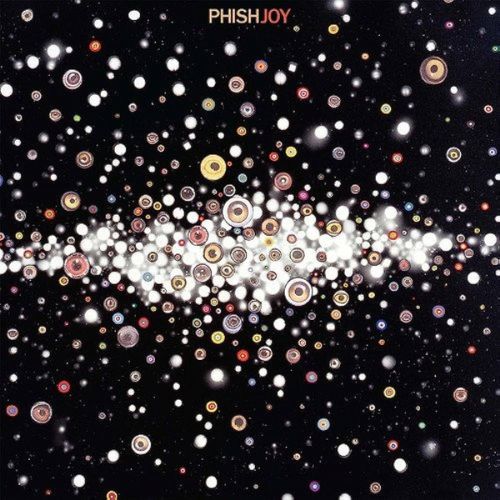
Tracks
- Party Time
- Alaska
- Windy City
- In a Misty Glade
- Gone
- Only a Dream
- The Birdwatcher
- Let Me Lie
- If I Told You
- Splinters of Hail
- Can’t Come Back
- Shrine
- Liquid Time
13. Fuego (2014)
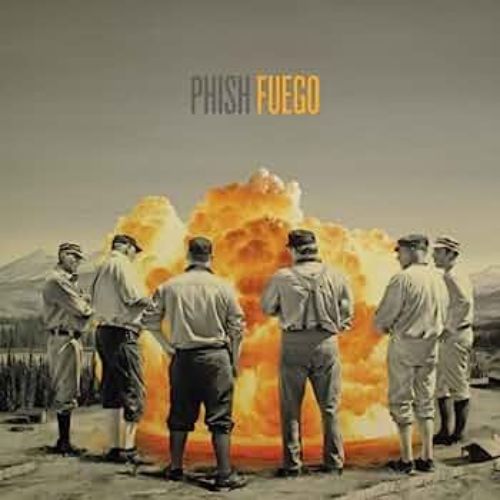
Tracks
- Fuego
- The Line
- Devotion to a Dream
- Halfway to the Moon
- Winterqueen
- Sing Monica
- 555
- Waiting All Night
- Wombat
- Wingsuit
14. Big Boat (2016)
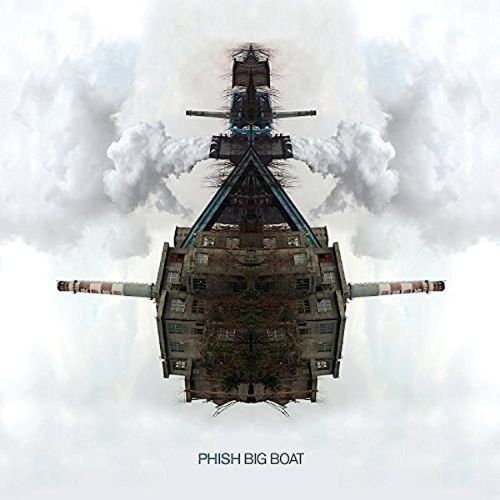
Tracks
- Friends
- Breath and Burning
- Home
- Blaze On
- Tide Turns
- Things People Do
- Waking Up Dead
- Running Out of Time
- No Men in No Man’s Land
- Miss You
- I Always Wanted It This Way
- More
- Petrichor
15. Sigma Oasis (2020)
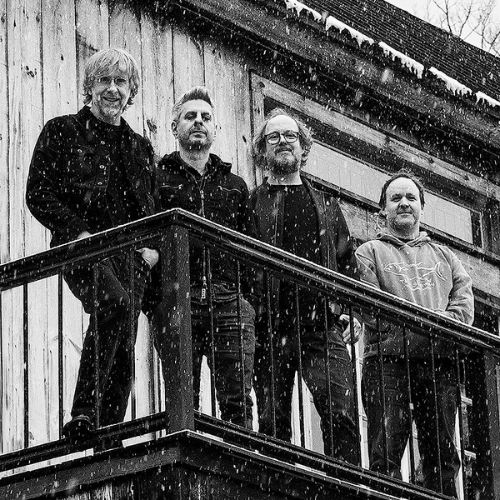
Tracks
- Sigma Oasis
- Leaves
- Everything’s Right
- Mercury
- Shade
- Evening Song
- Steam
- A Life Beyond The Dream
- Thread
Thanks for Visit!
